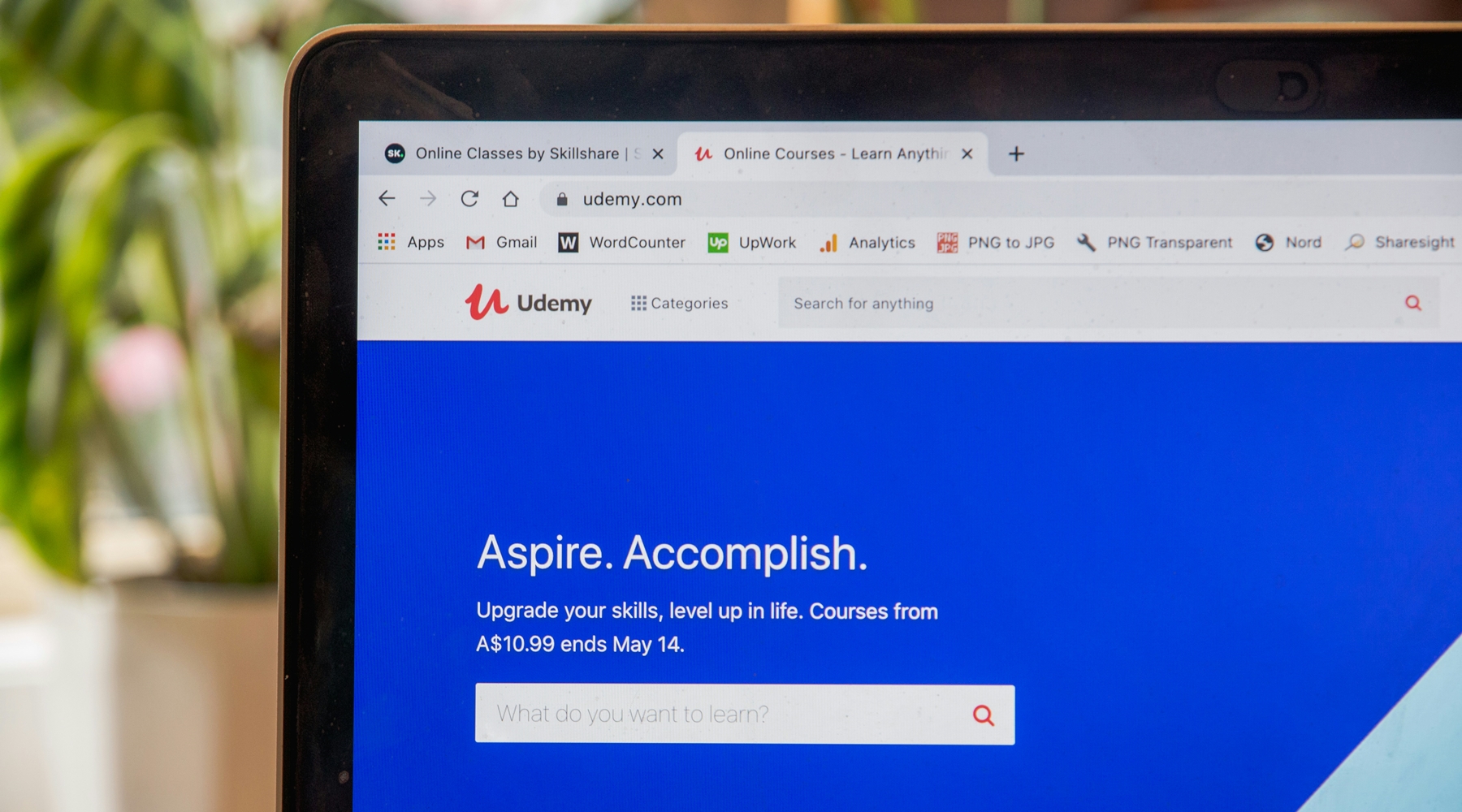
In today’s fast-paced and technology-driven world, software development has become one of the most sought-after career fields. With digitalization advancing in almost all areas of life, the demand for qualified software developers is steadily increasing. Many aspiring developers wonder if the traditional path through a college degree is the only entry into this exciting industry. The good news is: There are alternative paths that open the doors to the world of software development without formal college education.
Introduction: The Path to Becoming a Software Developer
Software development is a key driver of technological progress and enables innovations in all sectors. From the development of simple web applications to complex operating systems and AI-powered technologies – software developers play a crucial role in shaping the future. Although traditionally a college degree in computer science or a related field was considered a prerequisite for a career in software development, the success stories of many renowned developers show that practical skills, dedication, and continuous learning often count more than having a diploma.
The Importance of Software Development in Today’s World
In a time when digital solutions increasingly dictate our daily lives, software development is no longer just a profession for specialists, but a fundamental component of modern society. Software solutions increase efficiency, enable new forms of communication, and open innovative ways to solve complex problems.
Myth vs. Reality: Do You Need a College Degree?
The myth that a successful career in software development necessarily requires a college degree is increasingly being debunked. Reality shows that a passion for technology, problem-solving skills, and the willingness to learn new things are key factors for success in this field.
Basic Skills and Knowledge
The first step on the path to becoming a software developer without a college education is to acquire basic skills and knowledge. This includes learning programming languages, which can vary depending on the area of interest and target market. Languages such as Python, JavaScript, and Java are among the most in-demand skills in the industry. In addition, a deep understanding of software development principles, such as versioning, data structures, and algorithms, is essential.
Learning Programming Languages
Entering the world of programming begins with learning one or more programming languages. These form the basis for software development and enable the developer to communicate with the computer.
Understanding Software Development Principles
In addition to mastering programming languages, a profound understanding of the underlying principles of software development is crucial. This includes knowledge of software design patterns, understanding the importance of data structures and algorithms, and an awareness of the significance of testing procedures and documentation.
Self-Study and Online Resources
The world of the internet offers countless resources for aspiring software developers. From online courses to tutorials to extensive documentation and forums – self-study has proven to be an effective method to acquire the necessary knowledge and skills.
Online Courses and Tutorials
Platforms like Coursera, Udemy, and freeCodeCamp offer a variety of courses and tutorials specifically designed to teach programming to beginners and advanced learners. These courses cover a wide range of topics, from the basics of programming to specialized technologies.

Open Source Projects as a Learning Tool
Contributing to open source projects not only offers the opportunity to gain practical experience but also to make a name for oneself within the developer community. By solving real problems and collaborating with experienced developers, valuable skills can be acquired and deepened.
Networking and Community Participation
Networking is an important aspect of entering software development. Participating in hackathons, meetups, and actively engaging in online forums offers the opportunity to learn from others, make connections, and exchange ideas about the latest trends and technologies.
Participating in Hackathons and Meetups
Hackathons and local meetups are excellent opportunities to gain practical experience, realize projects, and network with like-minded people and potential employers.
Online Forums and Groups
Online platforms like GitHub, Stack Overflow, and various developer forums on social media offer extensive resources for learners and provide a space for discussions, questions, and the exchange of experiences.
Gaining Practical Experience
In addition to theoretical knowledge, practical experience is essential to succeed as a software developer. Working on personal projects, freelancing, or seeking internships and junior positions are effective ways to gain relevant professional experience.
Freelancing and Personal Projects
Through freelancing or working on personal projects, aspiring developers can not only build their portfolio but also gain important experience in project work and dealing with clients.
Internships and Junior Positions
Internships and entry-level positions offer an excellent opportunity to enter the professional world, learn from experienced colleagues, and build a professional network.
Building the Right Resume
In a resume without a college degree, it is especially important to highlight acquired skills, practical experience, and successfully implemented projects. Certificates from completed online courses, contributions to open-source projects, or personal software developments can help convince potential employers of one’s abilities.

Highlighting Projects and Successes
A meaningful portfolio that documents successful projects and the technologies used is often more convincing than any degree. It not only shows technical skills but also the ability to solve problems.
Continuing Education
The technology world is constantly evolving, and lifelong learning is crucial to stay up to date. Being willing to learn new programming languages and technologies and to adapt is an essential part of a successful career in software development.
Challenges and How to Overcome Them
The path to becoming a software developer without formal education is not without challenges. The technology landscape is rapidly changing, and competition in the job market can be intense. However, with determination, continuous learning, and building a strong network, these hurdles can be overcome.
Constantly Evolving Technologies
The technology industry is advancing at a rapid pace, requiring constant updates and learning of new skills. Specializing in certain technology areas and regular continuing education can help stay relevant.
Competition Without a Formal Degree
Although entering the industry without formal education can be challenging, many success stories show that it is possible. A strong portfolio, practical experience, and the right network can often weigh more than a formal degree.
FAQ
Can I really become a software developer without a college degree?
Which programming languages should I learn first?
How do I find projects or internships as an aspiring developer without a degree?
Is it necessary to constantly learn new technologies?
How do I build a convincing portfolio?
Conclusion: Your Individual Path into Software Development
The path into software development without a college education requires dedication, a passion for technology, and a continuous willingness to learn. Through self-study, practical experiences, and the use of online resources and communities, anyone can lay the foundation for a successful career in this dynamic and exciting field. Remember that your skills and dedication often count more than possessing a diploma.




